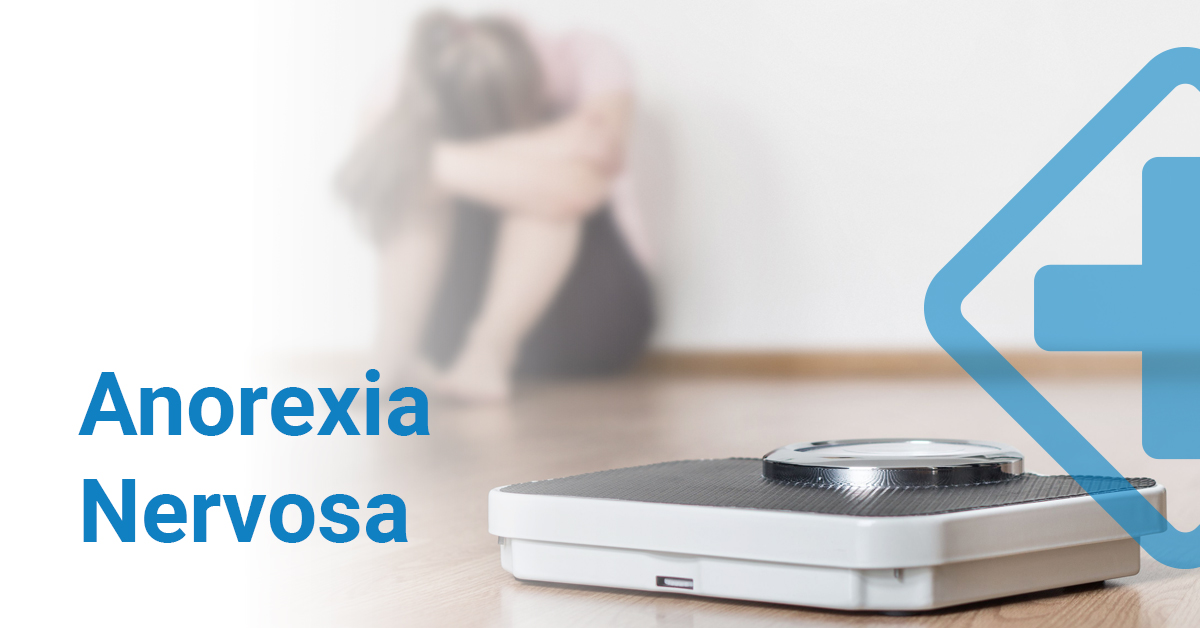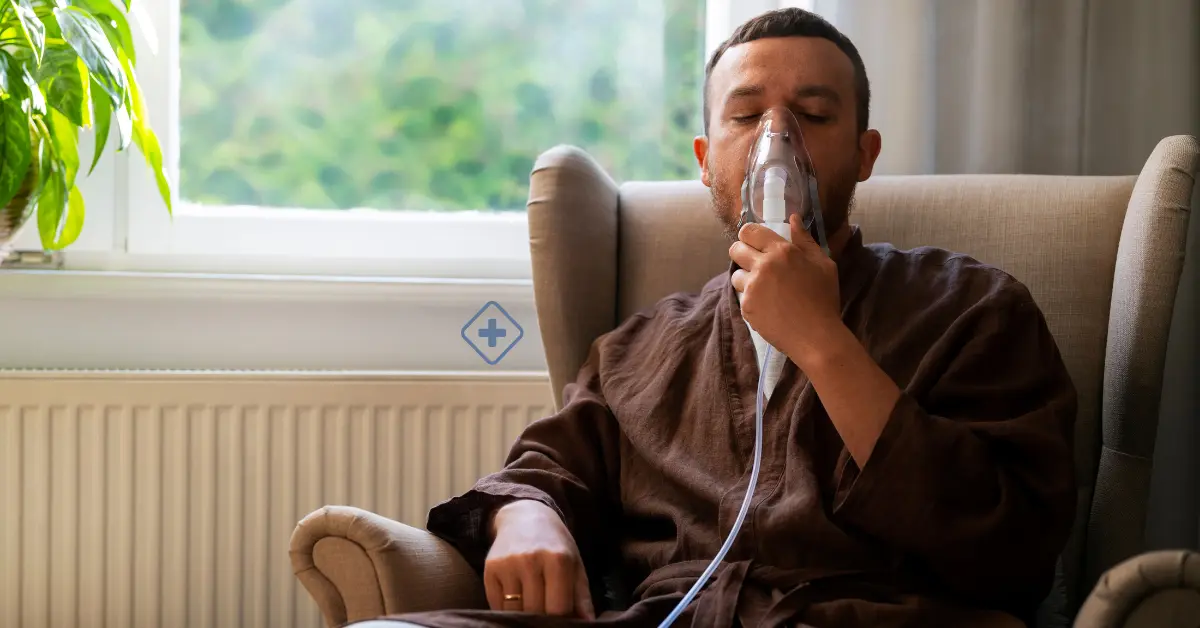
Anorexia
Symptoms and complications

Anorexia — is an eating disorder, characterized by an extremely low body weight, a strong fear of gaining weight and a distorted perception of weight. Individuals with anorexia put most of their efforts on controlling their weight and shape, using extraordinary endeavors that tend to altogether meddle with their lives.
To avoid gaining weight or to keep losing it, individuals with anorexia ordinarily keep count of the sum of food they eat. They may control calorie admissions by vomiting after eating or by taking purgatives, diuretics or bowel purges. They may moreover attempt to lose weight by working out too much. No matter how much weight is misplaced, the individual keeps an unreasonable feeling of gaining weight.
Anorexia is not really about food. It's a life-threatening way to undertake emotional problems. People with anorexia, frequently compare how they look with self-worth.
Anorexia, like any other eating disorder, can take over your life and can be exceptionally complicated to overcome. But with a good treatment, you can get a better sense of who you're, return to more beneficial eating habits and reverse some of anorexia's complications.
Symptoms
The physical signs and side effects of anorexia nervosa are related to starvation. Anorexia moreover incorporates emotional and behavioral issues including an unrealistic recognition of your body weight and fear of gaining weight or getting fat.
It may be difficult to notice signs and side effects of anorexia, since what is considered a low body weight is diverse for each individual, and some people may not show it.
Physical symptoms
Physical signs and indications of anorexia may include:
-
Extreme weight loss
-
Thin appearance
-
Abnormal blood counts
-
Fatigue
-
Insomnia
-
Dizziness or fainting
-
Bluish discoloration of the fingers
-
Hair that diminishes, breaks or falls out
-
Absence of menstruation
-
Constipation and stomach pain
-
Dry or yellowish skin
-
Intolerance of cold
-
Irregular heart rhythms
-
Low blood pressure
-
Dehydration
-
Swelling of arms or legs
-
Eroded teeth and calluses on the knuckles from initiated vomiting
Some individuals who have anorexia make themselves vomit, similar to people who have bulimia. But individuals with anorexia for the most part battle with an unusual loss of body weight, whereas people with bulimia ordinarily are typically overweight.
When to see a doctor
Unfortunately, numerous individuals with anorexia do not feel that they need treatment, at least at first. Their want to stay thin supersedes concerns about their wellbeing.
If you're experiencing any of the problems listed above, or if you think you may have an eating disorder, get help. If you're hiding your anorexia from loved ones, try to find a person you trust to talk to about it.
Risk Factors
Anorexia is more common in young ladies and women in general. In any case, boys and men have progressively created eating disorders, it is related to social pressures.
Anorexia is additionally more common among young people. Still, individuals of any age can create this eating disorder, in spite of the fact that it's uncommon in those over 40. Teenagers may be more at risk because of all the changes their bodies go through adolescence.
Certain components increment the chance of anorexia, including:
-
Genetics. Changes in particular genes may put certain individuals at higher risk of anorexia. Those with a first-degree relative who had the disorder, have a much higher risk of anorexia.
-
Dieting and starvation. Dieting could be a chance of creating an eating disorder problem. There's solid proof that numerous of the indications of anorexia are really side effects of starvation.
-
Transitions. Whether it's a new school, home or job; a relationship breakup; or the death or illness of a loved one, change can bring emotional stress and increase the risk of anorexia.
Complications
Anorexia can have various complications.
At its most extreme, it can be lethal.
When somebody isn't seriously underweight. This may cause irregular heart rhythms (arrhythmias) or an imbalance of electrolytes — minerals such as sodium, potassium and calcium that keep up the balance of liquids in your body.
-
Other complications of anorexia include:
-
Anemia
-
Heart issues
-
Bone loss (osteoporosis),
-
Loss of muscle
-
In females, missing of a period
-
In guys, diminished testosterone
-
Gastrointestinal issues
-
Electrolyte variations
-
Kidney problems
If an individual with anorexia gets to be seriously malnourished, every organ within the body can be harmed, counting the brain, heart and kidneys. This harm may not be completely reversible, indeed when the anorexia is under control.
Prevention
There's no guaranteed way to avoid anorexia nervosa. Primary care physicians (pediatricians, family physicians and internists) may be in a good position to identify early indicators of anorexia and prevent the development of full-blown illness. They can ask questions related to this topic and diagnose the patient.
If you notice that a family member or companion has low self-esteem, that he or she does not eat or eats too little, consider talking to him or her about these issues. In spite of the fact that you will not be able to anticipate an eating disorder, you can be able to start talking about different and healthier eating habits or treatment alternatives.
BlueNetHospitals - Hospital Los Cabos
BlueNet Hospitals.
Trending Topics
Psychology
Trending Topics
Septoplasty
Septoplasty is a highly effective procedure for correcting a deviated septum
Ulcerative Colitis
Ulcerative colitis is an inflammatory bowel disease (IBD) that causes chronic inflammation.
Prostate-Specific Antigen (PSA)
The level of PSA in the blood can provide valuable information about prostate health.
Emphysema
Emphysema symptoms can be subtle at first but tend to worsen over time.
Health Library
Psychology
- Do You Need an Appointment with a Specialist?
- call us
- write us
- let's talk










